Sanford School faculty release Solidarity and Action Statement on anti-racism
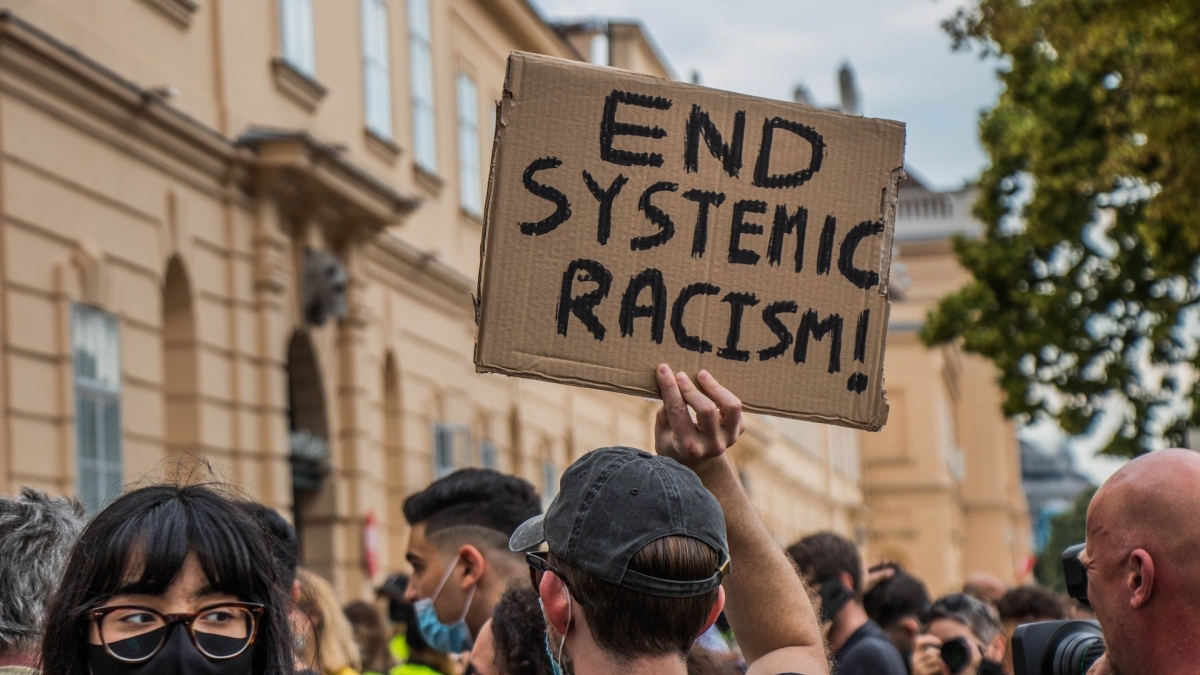
Photo by Pixabay
When sociologists of the T. Denny Sanford School of Social and Family Dynamics convened for a faculty meeting on the afternoon of June 2, it was only a little over a week after the tragic killing of George Floyd in Minneapolis. The images of a police officer kneeling on George Floyd’s neck for over eight minutes covered network news and social media, prompting nationwide protests and calls for abolition of policing and for criminal justice system reform. The Sanford School faculty decided to speak out.
“We all agreed that as a starting point, members of the school should issue a public statement condemning anti-Black state violence,” said Assistant Professor Rocío García. “We recognize that discussions surrounding anti-Blackness and police brutality are difficult conversations for many reasons, yet we recognize that challenging racist state violence far outweighs our discomfort.”
García, along with Assistant Professor Cassandra Cotton and Assistant Professor Connor Sheehan, came together to craft a Solidarity and Action Statement on behalf of the school. The four-page statement contains a summary of evidence of anti-Blackness in areas such as policing and criminal justice as well as structural inequities, such as the way COVID-19 mortality rates have disproportionately affected Black people. The statement concludes with a list of 15 tangible changes that, while not intended to be exhaustive, are a starting point for moving forward. More than 80 members from the Sanford School signed their support for the statement.
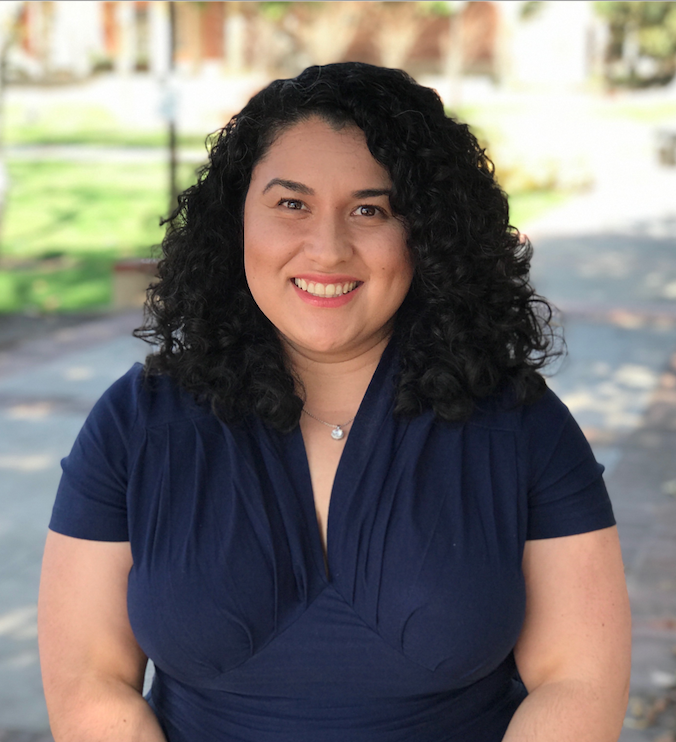
Rocío García
García is a political sociologist whose work focuses on how the intersections of racism, heteropatriarchy, capitalism and nativism manifest in the politics of reproduction and social justice movements. She has taught classes on contemporary sociological theory centering on the scholarship of people of color and courses on Latino/a feminisms and reproductive justice. Garcia drafted the sections of the statement focused on providing a lens by which to understand current conditions and the initial list of action items.

Cassandra Cotton
Cotton is a family demographer and sociologist whose work focuses on kinship and family dynamics among families in sub-Saharan Africa. She drafted the sections of the statement summarizing state-sanctioned violence against Black people and how white supremacy has contributed to ongoing structural inequalities and disparities between Black and non-Black communities in the U.S.
Sheehan is a demographer who focuses on how social inequality leads to health inequality, and he provided context about how COVID-19 has disproportionately affected Black Americans.
The statement gained broad support from Sanford School faculty, postdocs, grad students and staff.
“Immediately following the distribution of the statement, faculty and graduate students began to look for ways to take action toward each of the action items in the statement,” said Cotton.
García elaborated: “For example, redesigning courses that showcase the value of research on racism conducted by Black scholars along with a universitywide investment in hiring and properly compensating more Black faculty and staff and recruiting more Black students begins to normalize the necessity and value of Black scholarship.
“We hope that readers, particularly those who identify as non-Black, come away with a sense of urgency regarding the historical and present conditions that have brought us to this political moment,” García said. “We hope that non-Black readers recognize the importance of not simply asserting Black lives matter, but of also engaging in individual and institutional actions that support this statement.”
The authors of the statement note that several Sanford School faculty are engaged in critical research focused on understanding and disrupting the meanings and contours of racism. Over the summer, Eleanor Seaton and Rebecca White co-hosted a webinar on anti-racism that addresses the role of research in supporting anti-racist efforts. And Nilda Flores-Gonzales is currently working with Angela Gonzales (School of Social Transformation) and Emir Estrada (School of Human Evolution and Social Change) on how Latino/a, Indigenous and white youth in Arizona make sense of American identity and national belonging in a racist and nativist social landscape.
“While some members of the Sanford School are engaged in meaningful work against racism, a significant aspect of our motivation to write this statement is the understanding that there is still so much work to be done — and that every member of the Sanford School has an important role in making significant strides against interpersonal, institutional and systemic racism,” said Sheehan.
After a full draft of the statement was created, it was shared with the faculty of color and several graduate students of color in the Sanford School.
“Faculty and graduate students of color provided invaluable feedback, and we are especially grateful to graduate students who took great care to strengthen the list of action items as a means to move forward,” said García.
The authors of the statement wished to ensure a diplomatic and collective dissemination process. Once García and Cotton implemented the edits from colleagues, they shared the statement with members of the Sanford School and asked for signatures.
“We were blown away by the fact that the majority of the members of the school signed the statement and expressed a commitment to tackle various action items,” said Cotton.
To further reflect ASU’s commitment to diversity and inclusion, Assistant Professor José Causadias of the Sanford School translated the statement into Spanish.
View the full statement in English and Spanish, as well as a comprehensive list of resources.
“Since posting our Solidarity and Action Statement on June 15, 2020, we remain inspired and driven by the continued organizing on the part of students, faculty, and staff across ASU to dismantle the many forms that anti-Black racism takes in the academy.” (Garcia, Cotton and Sheehan)
Article by Wesley Jackson
More University news
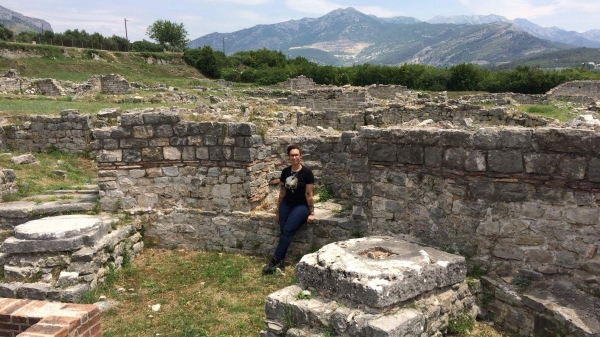
Anthropology PhD student's work highlights complexity of human identities, histories
Editor’s note: This story is part of a series of profiles of notable spring 2024 graduates. Tisa Loewen considers herself a…
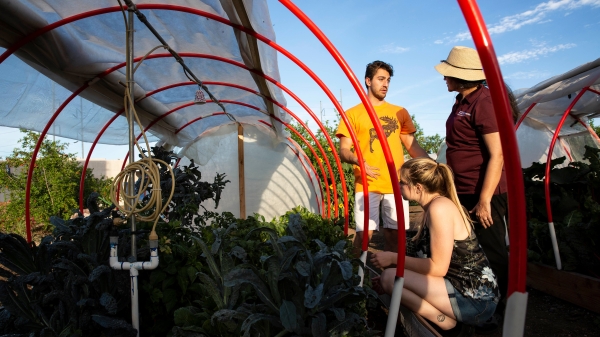
New general studies requirements to better prepare ASU students for a changing world
Arizona State University has revamped its general studies requirements — the courses required of all students, regardless of…
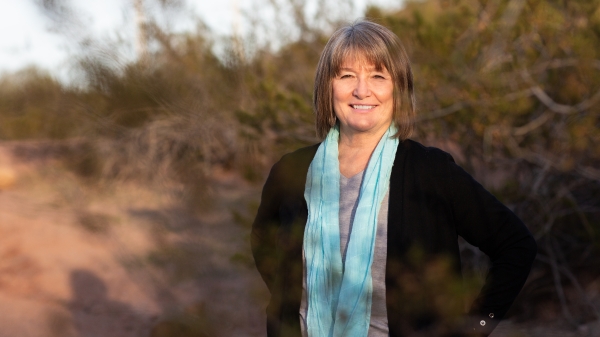
ASU professor named AAAS Fellow
The American Association for the Advancement of Science (AAAS), the world’s largest general scientific society and publisher of…